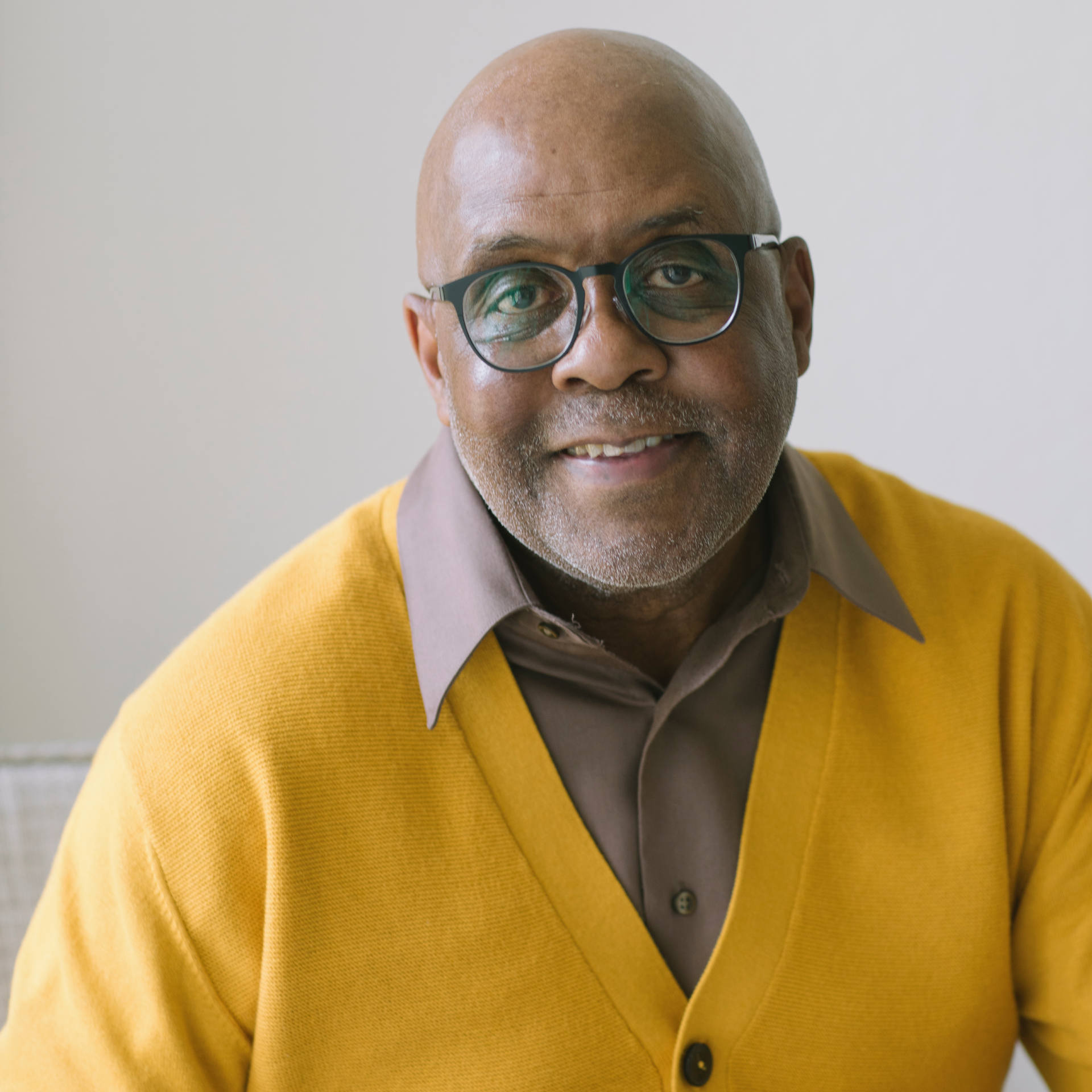Men’s Mental and Emotional Health
Healthy living involves more than physical health, it also includes emotional or mental health. The following are some ways men can support their mental health and well-being.
- Get enough sleep daily; the CDC recommends the following by age group (naps inclusive):
- 12-18 hours from birth to 2 months,
- 14-15 hours from 3-11 months of age,
- 12-18 hours for 1-3 years of age,
- 11-13 hours for 3-5 years of age,
- 10-11 hours for 5-10 years of age,
- 8 1/2-9 1/2 hours for 10-17 years of age, and
- Those 18 and above need 7 to 9 hours of sleep.
- Elderly men (commonly defined as 65 years of age or above in developed countries) need about 7 to 9 hours but do not sleep as deeply and may awaken at night or wake early, so naps (like kids need) allow them to accumulate the total of 7 to 9 hours of sleep.
- Take a walk and reflect on what you see and hear at least several times per week to sharpen powers of observation.
- Try something new (eat a new food, try a different route to work, go to a new museum display) to avoid living by habit and keep or sharpen adaptive skills.
- Do some mind exercises (read, do a puzzle occasionally during the week) to practice problem-solving skills.
- Try to focus on a process intensely and complete a segment of it over one to several hours, then take a break and do something relaxing (walk, exercise, short nap).
- Plan to spend some time talking with other people about different subjects; this helps socialization skills.
- Try to make some leisure time to do some things that interest you every week (hobby, sport); in short, have some fun. Learn ways to say “no” when something occurs that you do not want to do or be involved with; occasionally compromise (on things that are not vitally important) because it will allow for better or more workable relationships with many people (significant other, family, coworkers).
- Have fun with someone else (go on a trip with someone you love, go shopping, go fishing; do not let vacation time slip away).
- Let yourself be pleased with your achievements, both big and small (develop contentment). Have a network of friends; those men with strong social support systems lead healthier lives.
- Seek help and advice early if you feel depressed, have suicidal thoughts, or consider harming yourself or others. Men are more effective in completing suicide attempts than women.
- Men taking medicine for mental-health problems should not stop taking these medications, no matter how “well” they feel, until they have discussed their situation with their prescribing doctor(s).
- The above are ways to form a good foundation for men’s physical and mental health.
Medical Author: Charles Patrick Davis, MD, PhD Medical Editor: Jerry R. Balentine, DO, FACEP
















